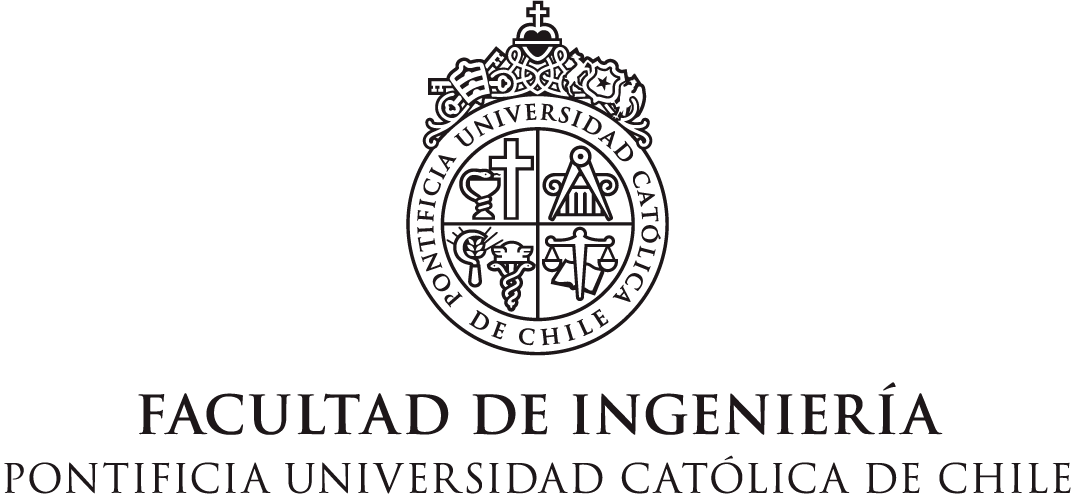Understanding and modeling mode and route decisions on a transit system is a key element in urban transportation planning. For doing this is necessary to identify and model the individuals’ behavior and the route choice strategies they follow. Traditional models propose three route choice strategies: Minimum Itineraries (fixed stations and fixed single-lines), Minimum Routes (fixed stations and variable multiple-lines), and Minimum Strategies (variable stations and variable multiple-lines). Nevertheless, there is no empiric evidence to support or reject the use of a particular strategy. In this study the authors analyze the actual strategies followed by Santiago transit travelers, and propose a modeling approach that deals with the differences in behavior among the individuals. Data suggest that 67% of the transit travelers follows the basic Minimum Itineraries approach, without considering common lines. Socio-economic characteristics of the individuals are significant to understand the route choice strategies followed by the transit travelers, enhancing the explanatory capability of mode/route choice models. The proposed approach should be tested in different transit systems.











